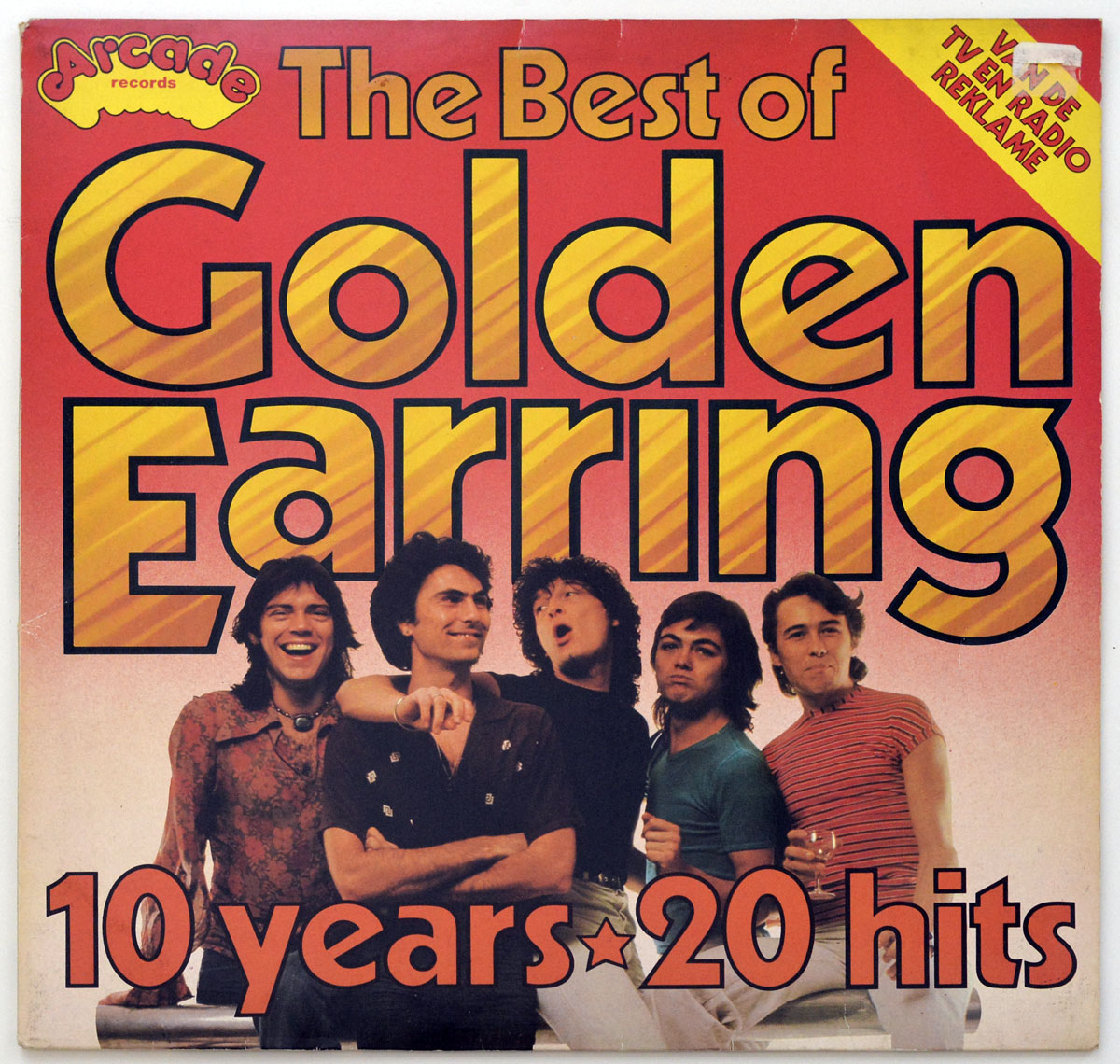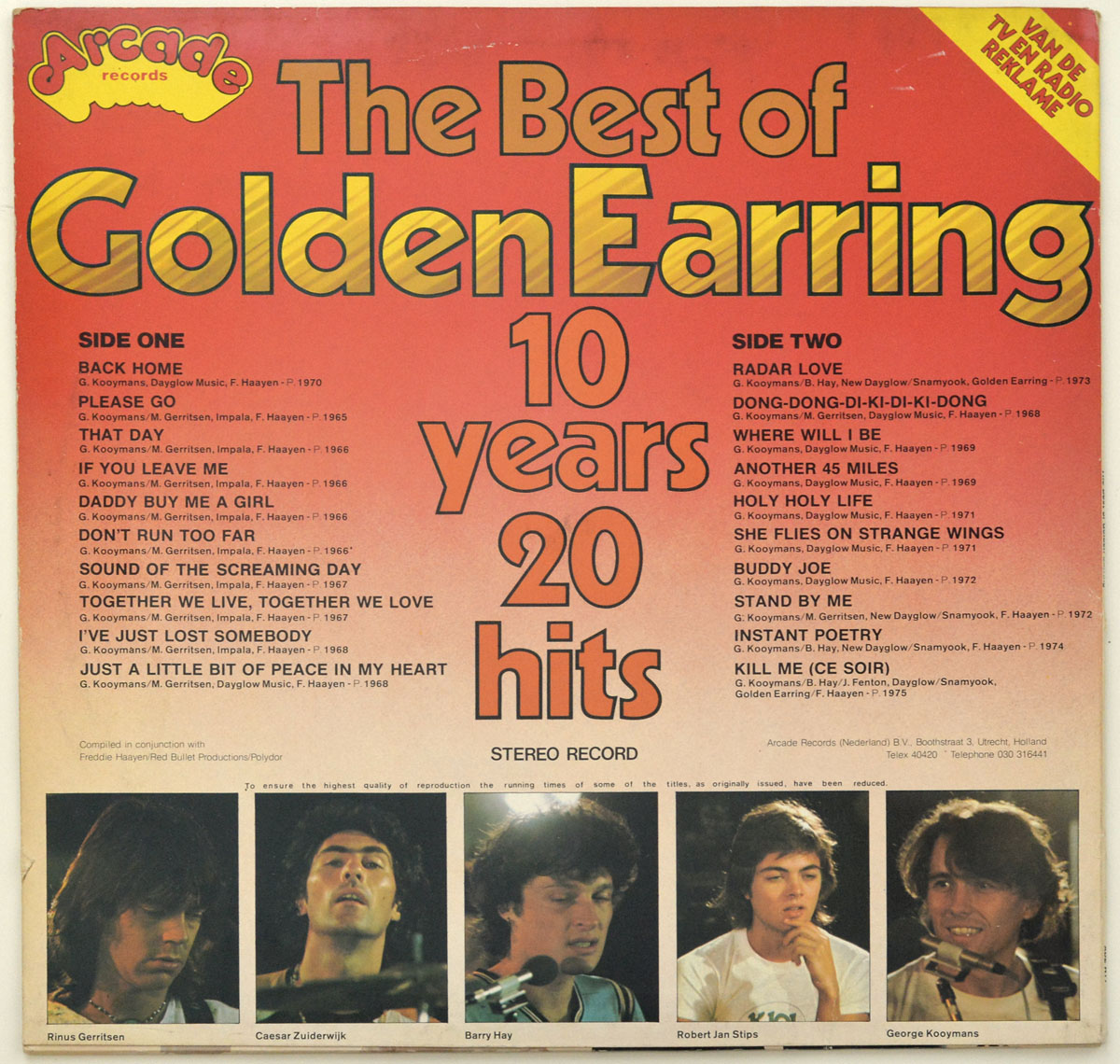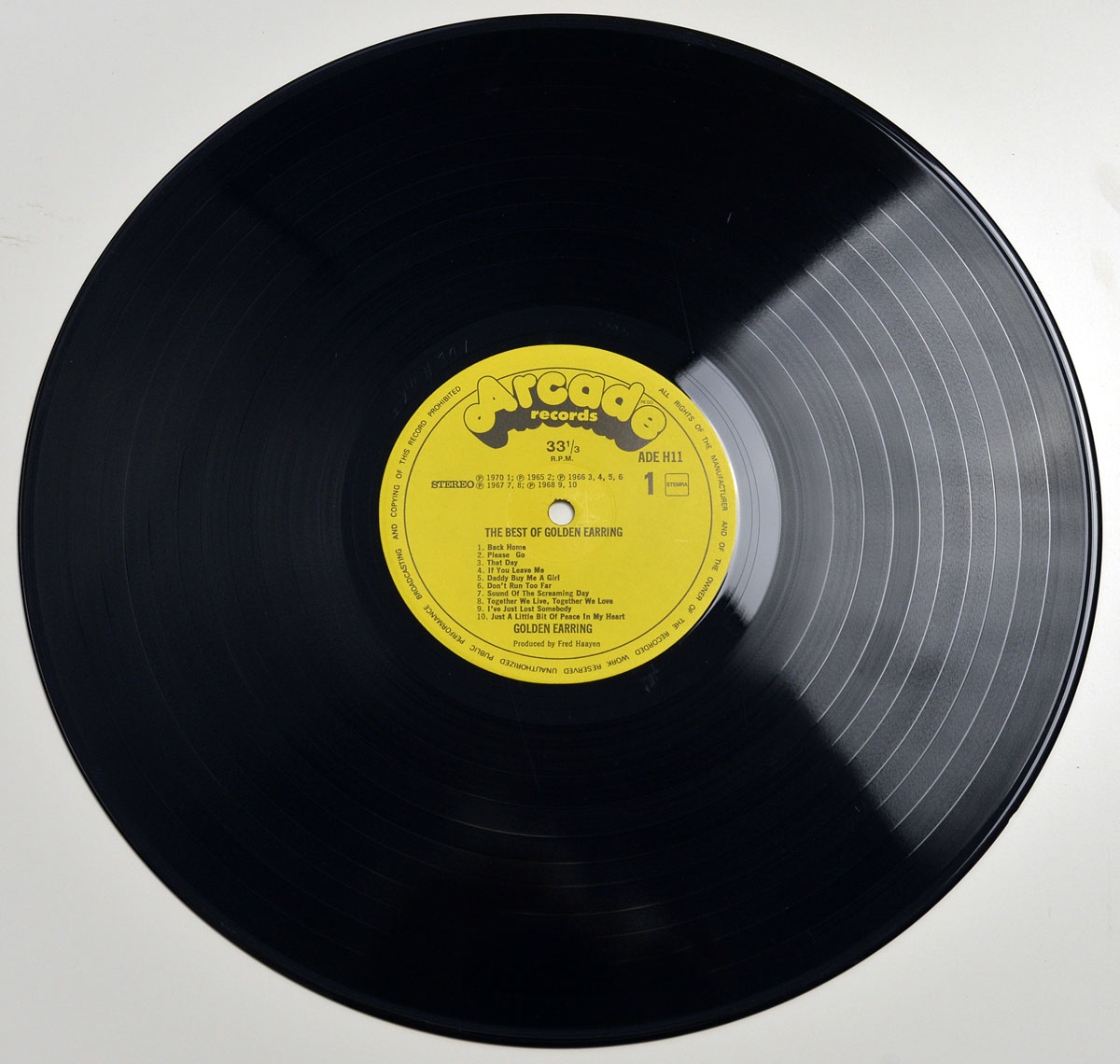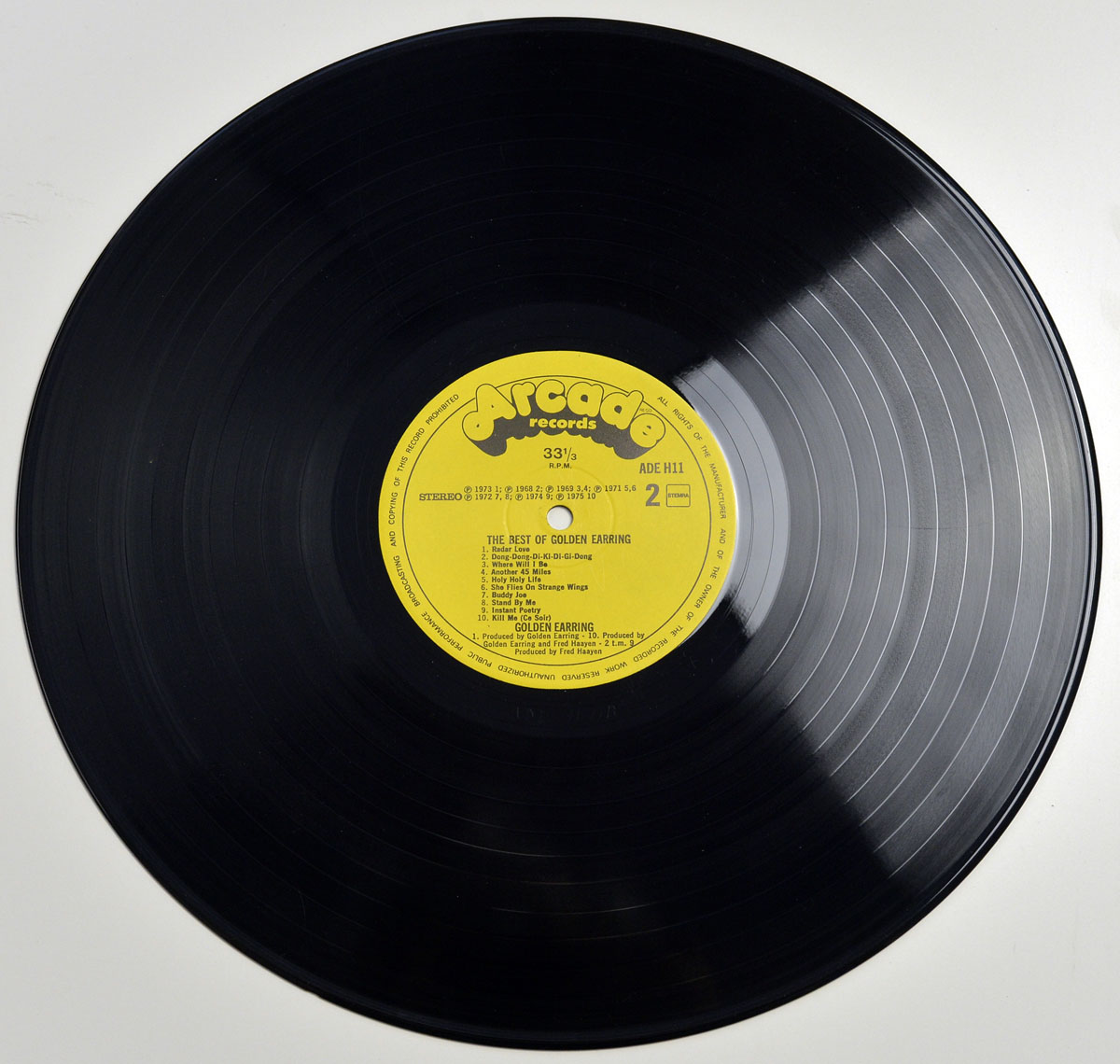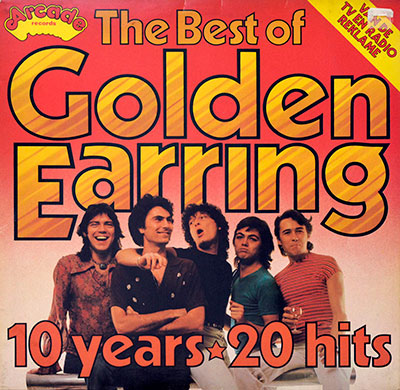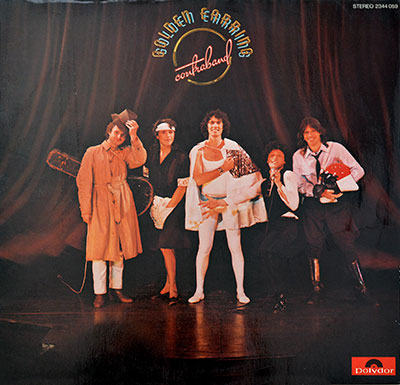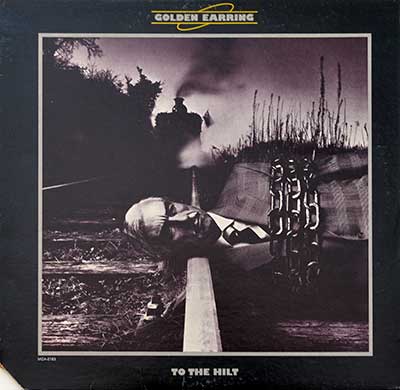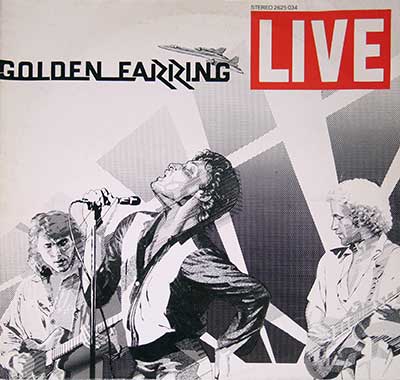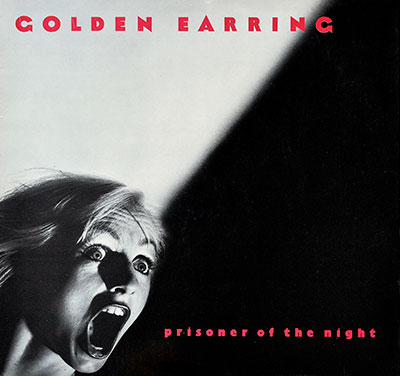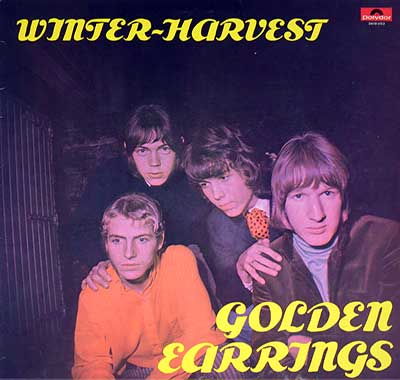GOLDEN EARRING - The Best Of Golden Earring 10 Years 20 Hits 12" Vinyl LP Album
"Golden Earring's 1975 compilation album, 'The Best Of Golden Earring 10 Years 20 Hits,' is a sonic journey through the vibrant '70s rock scene. Released by Arcade Records, the LP features iconic tracks like 'Radar Love' and 'Another 45 Miles,' showcasing the Dutch band's musical evolution. This collectors' gem, in 12" Vinyl LP format, transcends time, highlighting Golden Earring's enduring legacy in the annals of rock history."
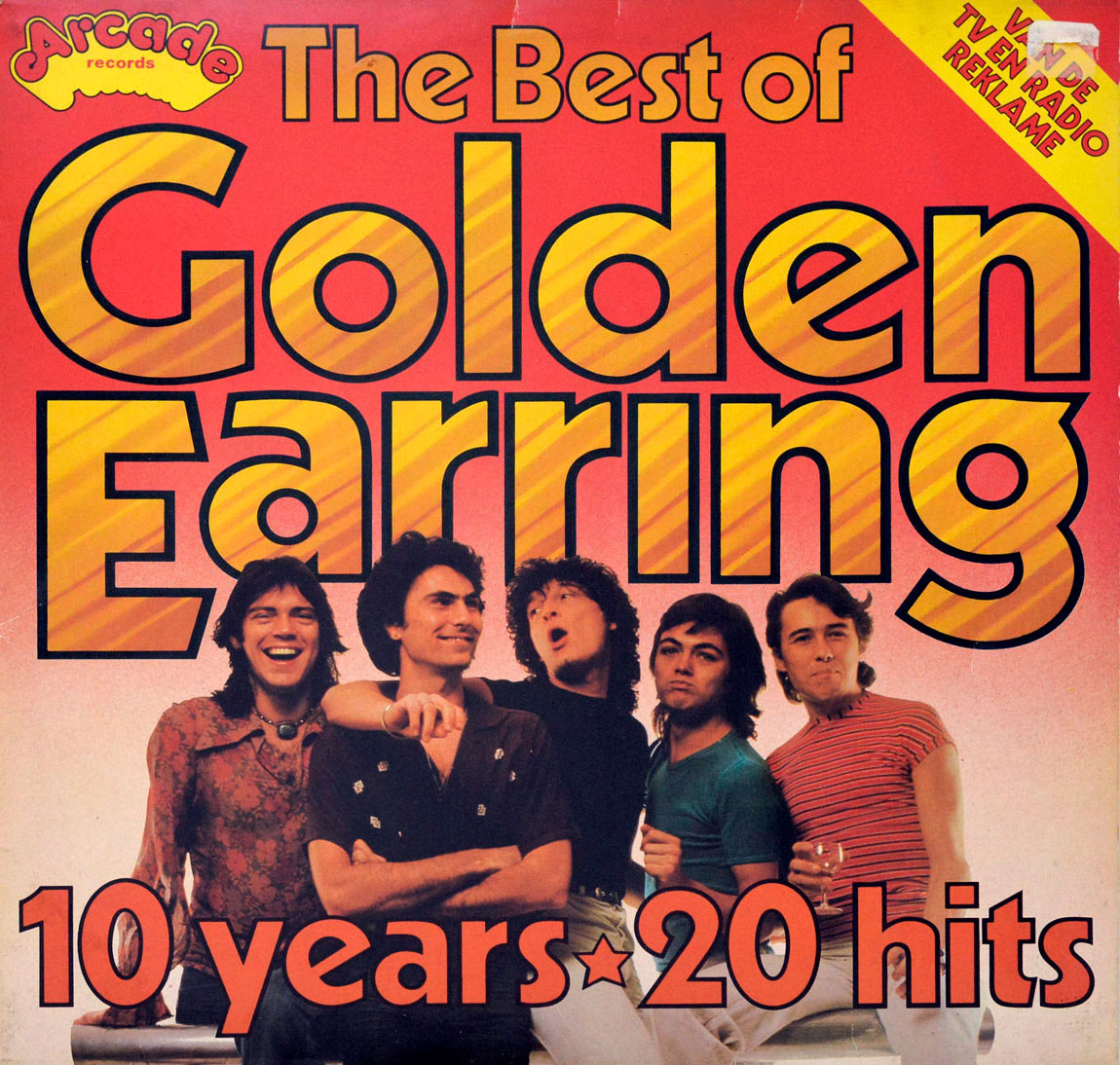
"The Best Of Golden Earring 10 Years 20 Hits,"Album Description:
In the rich tapestry of European rock history, few bands have left an indelible mark quite like the Dutch rock legends, Golden Earring. As we delve into the quintessential compilation album, "The Best Of Golden Earring 10 Years 20 Hits," released on Arcade Records in 1975, we embark on a nostalgic journey through an era that encapsulated the band's musical prowess.
The 1970s: A Flourishing Era for Rock Music
The album's release in 1975 places it squarely in the heart of the 1970s, a decade renowned for its diverse musical landscape. The '70s were marked by the rise of rock as a dominant force, encompassing various subgenres and spawning iconic bands that shaped the musical zeitgeist.
Golden Earring emerged against this backdrop, gaining prominence with their distinctive sound that seamlessly blended rock, blues, and a touch of psychedelic flair. The 10-year span covered in this compilation captures the band's evolution and the dynamic nature of the '70s music scene.
The Tracks: A Sonic Odyssey
"Back Home," "Just A Little Bit Of Peace In My Heart," "Radar Love," "Dong-Dong-Di-Ki-Di-Gi-Dong," "Another 45 Miles," "She Flies On Strange Wings," "Buddy Joe," "Kill Me (Ce Soir)" – these are not just song titles but chapters in the sonic story of Golden Earring. Each track resonates with the energy and emotion of the era, reflecting the band's ability to create music that transcended borders.
"Radar Love," in particular, stands as a timeless anthem, epitomizing the driving rhythms and captivating melodies that defined Golden Earring's signature style. Its inclusion in this compilation reinforces its significance not only within the band's discography but also in the broader context of rock history.
Arcade Records and Dutch Musical Landscape
The choice of Arcade Records as the album's label adds another layer to its historical significance. In the 1970s, Arcade Records played a crucial role in shaping the Dutch music scene. The label's commitment to promoting diverse genres contributed to the emergence of several iconic acts, including Golden Earring.
Production & Recording Information
Producers:
Freddie Haayen and Red Bullet Productions
